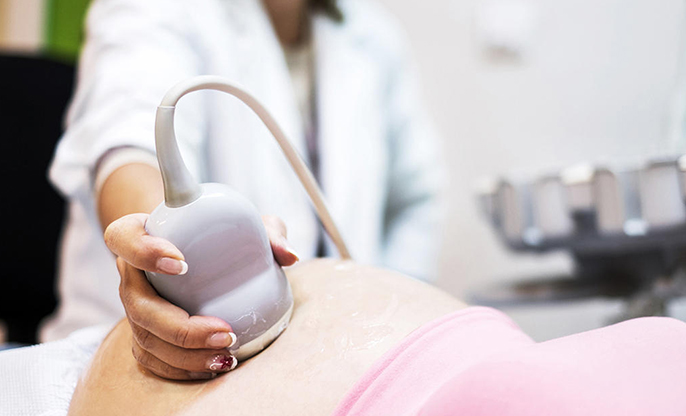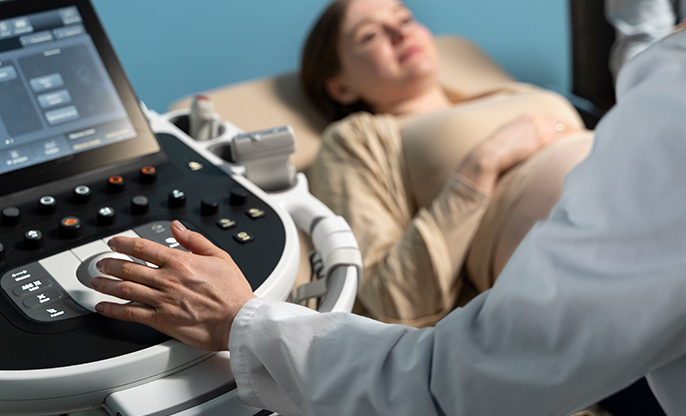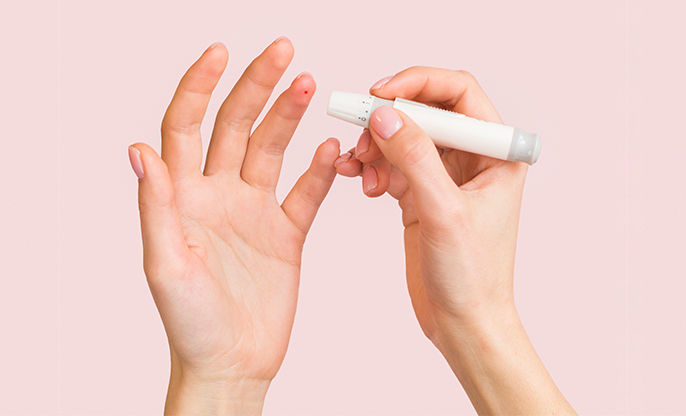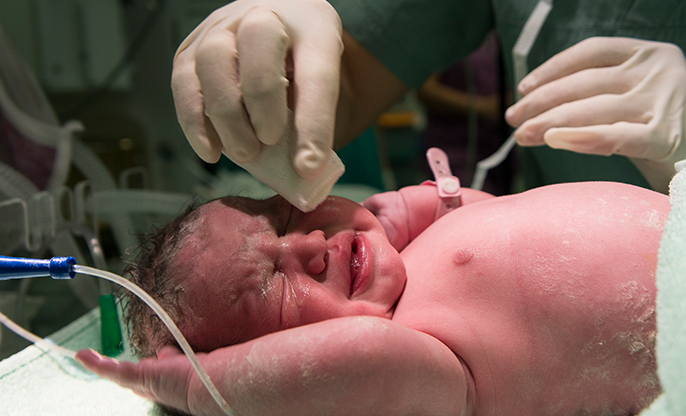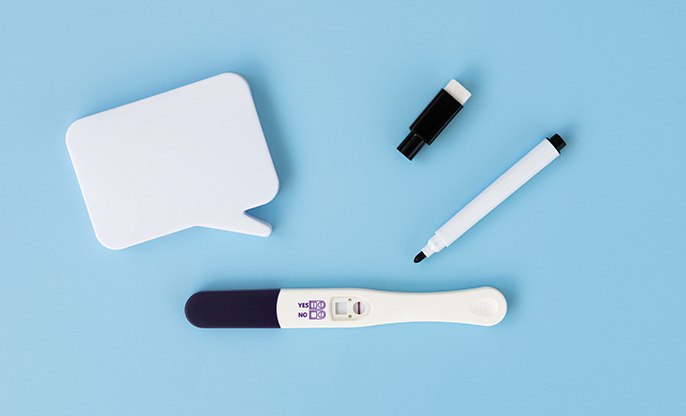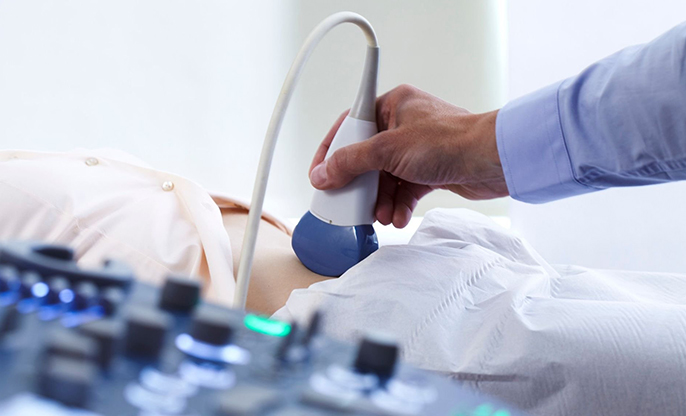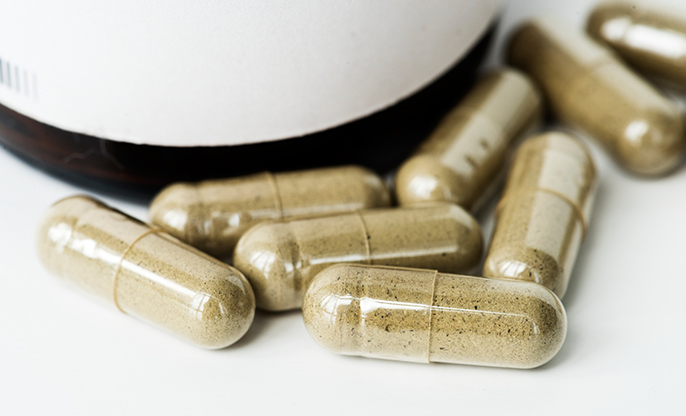
Red blood cells need iron, a mineral essential for the body to function properly and produce the proteins Hemoglobin and myoglobin. Hemoglobin takes oxygen from the lungs to different tissues in the body, and myoglobin takes oxygen to the muscles. The body cannot produce these essential proteins if iron is low, leading to physiological anemia.
Physiological anemia in pregnancy sets in much before the symptoms show
up, so if you experience extreme tiredness, dizziness, hair loss, weakness,
pale skin colour, weird cravings to eat sand, bricks or dirt, or have grooved
nails, get yourself checked!
Nutritional deficiency in pregnancy often leads to a fall in iron
content in the body. Other reasons are:
- Poor diet
- Pregnancy and demands of the
fetus
- Heavy periods and entering
childbearing age
- Donating blood frequently
- Gastrointestinal disorders
- Being a vegetarian
In short, what can we do to improve
iron absorption?
- Consume iron-rich meals,
including nuts, lentils, meats, beans, fortified foods, and dark green
leafy vegetables.
- Vitamin C-rich foods include
tomatoes, citrus fruits, broccoli and bell peppers in the diet.
- Take iron supplements or intravenous iron administration to compensate for the iron deficit in the body.
Sometimes the anemia is severe and cannot be treated by altering the
diet. You need more. Your ability to function efficiently falls greatly, and
the body feels exhausted. At times like this, iron supplements work better.
Now, what is the quickest way to increase iron levels?
Taking a Ferrous sulphate supplement is imperative if you don’t get the
iron needed through the diet. This comes as a liquid and a tablet. Your
healthcare provider will decide the best for you.
Normally, the iron we need is obtained from the foods we eat and the
diet we take. But, sometimes, it’s not enough, and you need ferrous sulphate to
have adequate iron for the body. Thus iron supplements are beneficial for
pregnant women.
A blood test is ordered to check the complete blood count of the mother
to measure the RBC and hemoglobin levels. Low levels indicate a lack of
appropriate iron, and accordingly, the healthcare provider will recommend a
diet rich in iron and an oral supplement. If it is impossible to take oral
medication, an intravenous infusion may be prescribed.
Oral iron and intravenous iron can raise the hemoglobin levels in
physiological anemia. Oral medications are relatively cheap and easy to
consume but can have side effects because of poor absorption, poor compliance
and low efficacy.
In an intravenous transfusion, iron is taken to the bone marrow under
clinical supervision. Taking oral medicines can lead to gastrointestinal
problems. Normally, doctors give iron infusion in the second or third
trimester. Intravenous iron is generally well tolerated and has a very low risk
of reaction though it is more expensive. Infusions are prescribed only if the
patient cannot tolerate iron pills or liquid iron. Before administering
intravenous iron, the healthcare worker gives a test dose to see if the woman
can tolerate the medication and if there is no unfavorable reaction.
Iron deficiency can be assessed by checking the ferritin levels in the body. The Hemoglobin starts to increase within a week of the Infusion. Within two weeks, the Hemoglobin will rise more, and the pregnant woman can continue taking oral pills.




